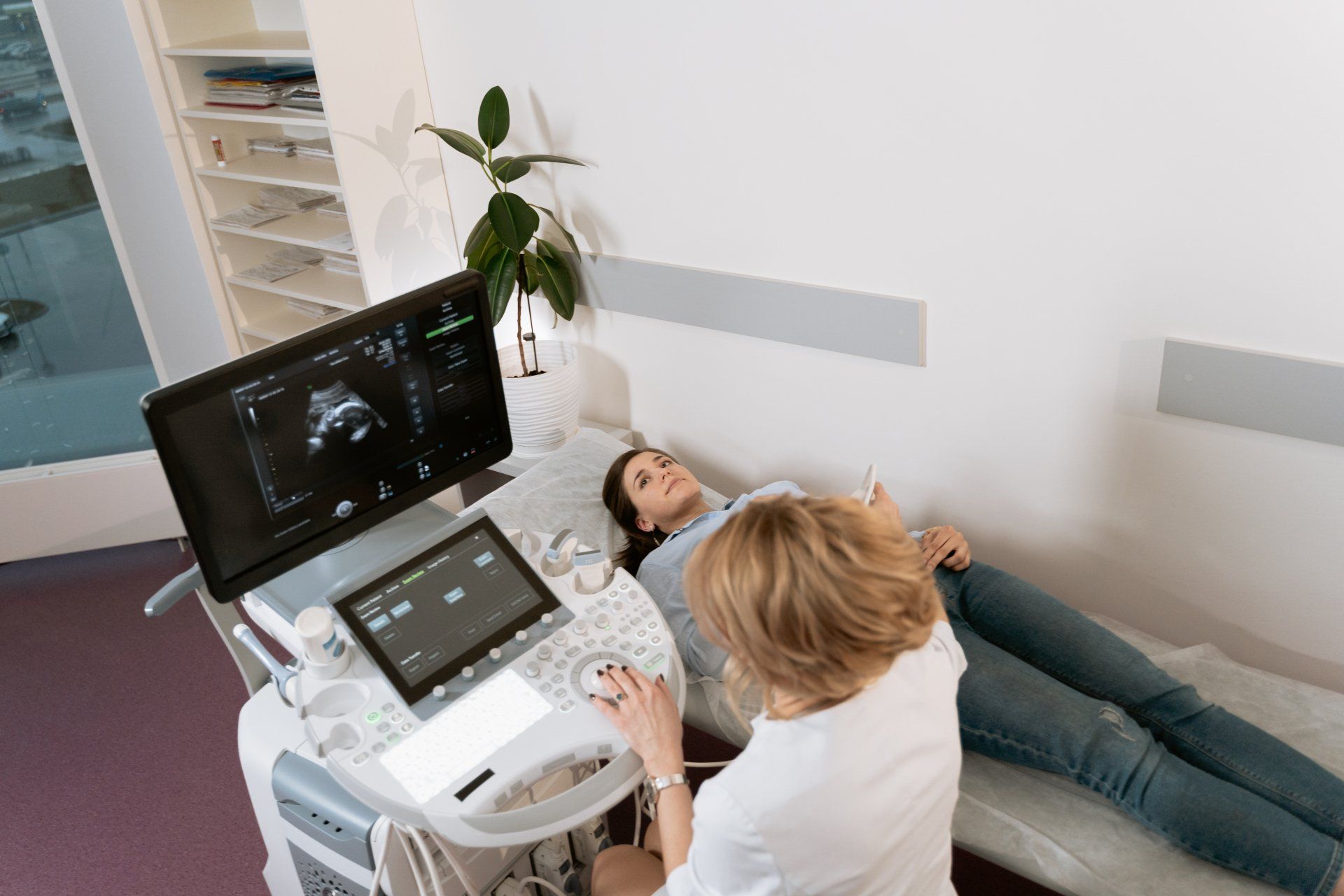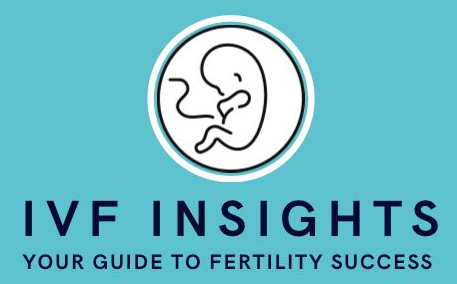
Endometriosis and Fertility: What You Need to Know
Having a baby is a dream come true for many couples, but for some, this dream may not come easily. Infertility can be a frustrating and emotionally challenging issue, affecting millions of couples worldwide. One of the conditions that can affect fertility is endometriosis. In this article, we'll explore what endometriosis is and how it can affect fertility.
What is Endometriosis?
Endometriosis is a condition where the tissue that normally lines the inside of the uterus grows outside of it, such as on the ovaries, fallopian tubes, and other pelvic organs. This tissue can thicken and bleed during a menstrual cycle, just like the lining of the uterus, but because it's outside of the uterus, it has no way to exit the body. This can lead to pain, inflammation, and scarring in the affected areas.
Endometriosis affects around
1 in 10 women of reproductive age, and the symptoms can vary from
mild to severe. The most common symptoms are painful periods, pain during sex, and pain during bowel movements or urination. However, not all women with endometriosis experience symptoms, and the condition can sometimes go undiagnosed for years
You Might Also Like: What's The Best Fertility Diet When Trying to Get Pregnant?
Endometriosis and Fertility
Endometriosis can also affect fertility, making it harder for women to conceive. According to the American Society for Reproductive Medicine, endometriosis is present in up to
50% of women who have difficulty getting pregnant. So, if you're struggling with infertility, endometriosis could be a possible cause.
The exact way in which endometriosis affects fertility isn't fully understood. However, there are several theories. One theory is that the inflammation caused by endometriosis can damage the eggs, sperm, and the lining of the uterus, making it harder for fertilization and implantation to occur. Another theory is that the endometrial tissue outside the uterus can form scar tissue, adhesions, and cysts, which can block the fallopian tubes and prevent the egg and sperm from meeting.
The good news is that there are
several treatment options available, depending on the severity of your endometriosis and other factors such as your age and overall health.

Endometriosis and Fertility
The first step is to see a fertility specialist who can evaluate your situation and recommend a course of action. In some cases, surgery may be necessary to remove the endometrial tissue and any adhesions or cysts. This can improve the chances of conception, but it's not a guarantee.
In other cases, fertility treatments such as intrauterine insemination (IUI) or in vitro fertilization (IVF) may be recommended. It's important to remember that having endometriosis doesn't mean you can't have a baby. Many women with endometriosis do conceive and carry a healthy pregnancy to term. However, it may take longer to conceive, and you may need to try different treatments or approaches.
It's also important to take care of your overall health by eating a balanced diet, exercising regularly, and managing stress. Taking care of your overall health is an important part of managing endometriosis and improving your chances of conceiving.
Studies have found that women with endometriosis may have slightly lower success rates with IVF compared to women without endometriosis. However, the success rates can still be quite high.

Endometriosis and Pregnancy Success Rates
One study found that the clinical pregnancy rate per embryo transfer with IVF was around 26% for women with endometriosis. This means that about
one in four women with endometriosis who undergo IVF will have a successful pregnancy.
IUI, or intrauterine insemination, involves placing sperm directly into the uterus around the time of ovulation.
Unfortunately, the success rates of IUI tend to be lower for women with endometriosis compared to women without endometriosis.
Study found that the clinical pregnancy rate per cycle with IUI was only around 6% for women with endometriosis. This means that the chances of getting pregnant with IUI for women with endometriosis are significantly lower compared to IVF.
I's important to remember that success rates can vary widely depending on individual factors, such as the severity of endometriosis, age, and any other underlying fertility issues. The best thing to do is to talk to a fertility specialist who can help you determine the best course of action for your individual situation.
If you think you may have endometriosis, or if you're struggling with infertility, don't hesitate to talk to your doctor. The earlier in age you get a diagnosis and treatment, the better your chances of success. Remember, you're not alone. There are many
resources available, including medical professionals, support groups, and online communities, that can provide the information and emotional support you need.

Endometriosis is a common and often painful condition that affects
many women worldwide. While it can cause infertility or make it harder to conceive, there are many treatment options available that can help you manage your symptoms and improve your chances of getting pregnant. By working closely with your doctor and staying informed about your options, you can take control of your fertility journey and find the best path forward for you.



